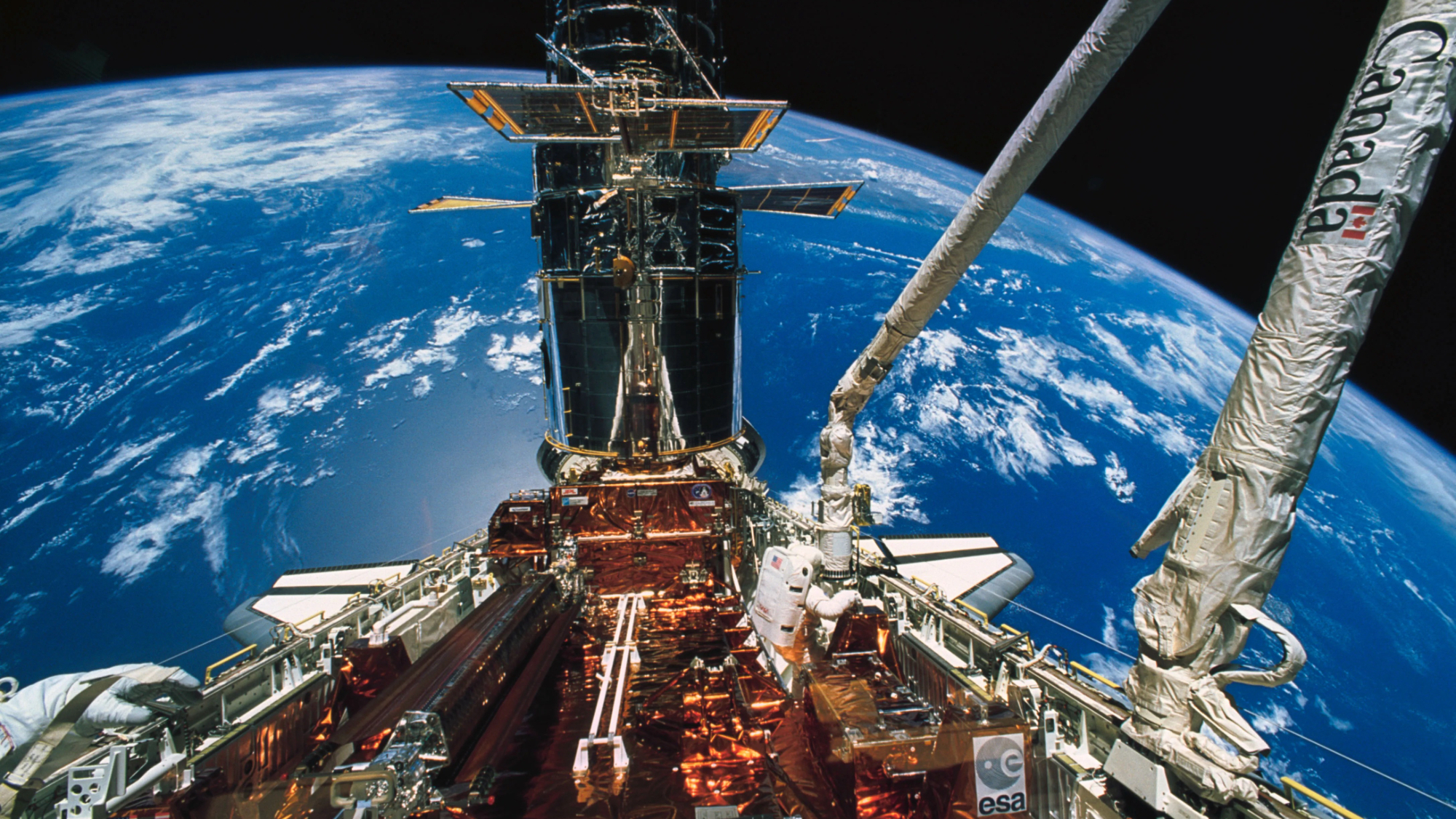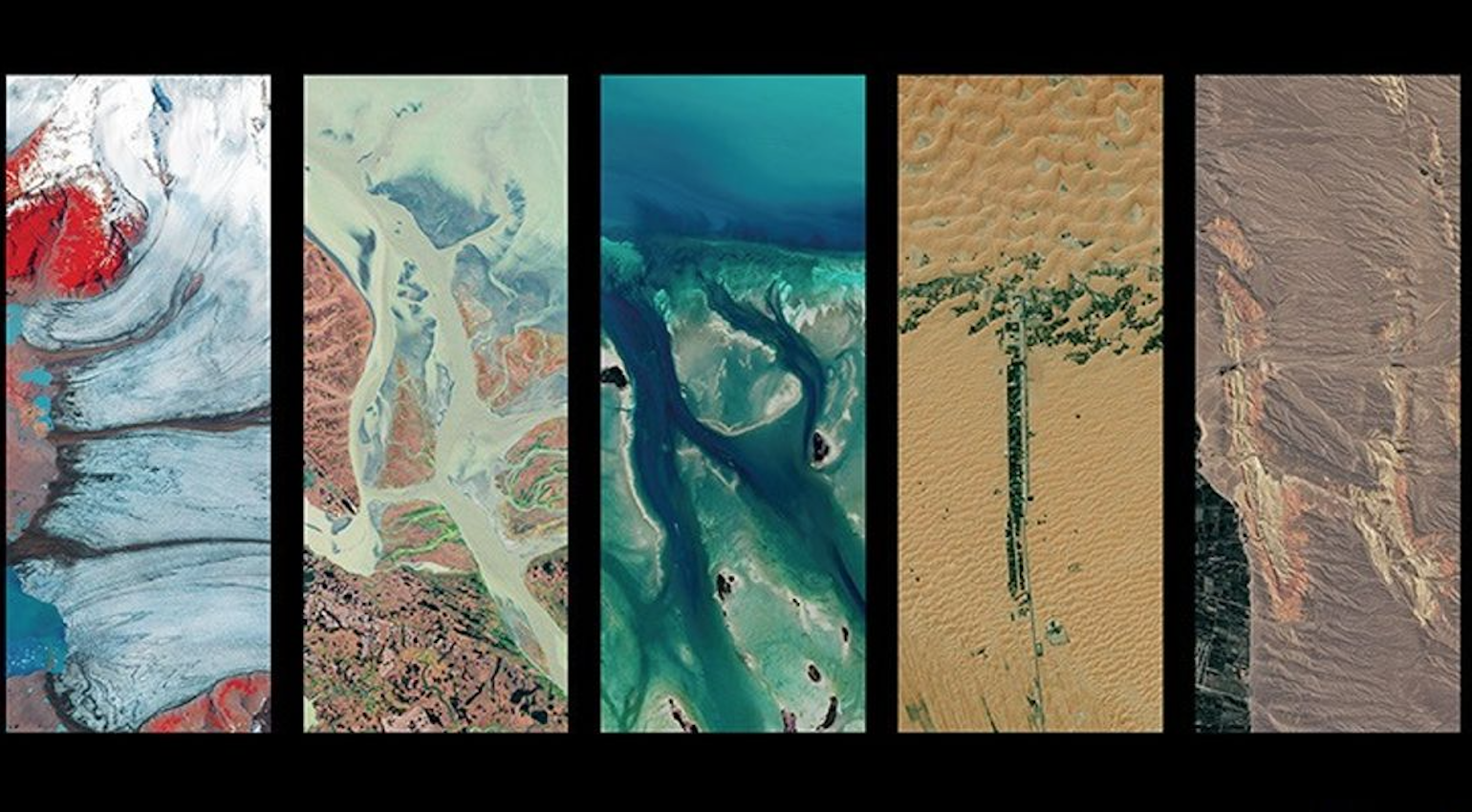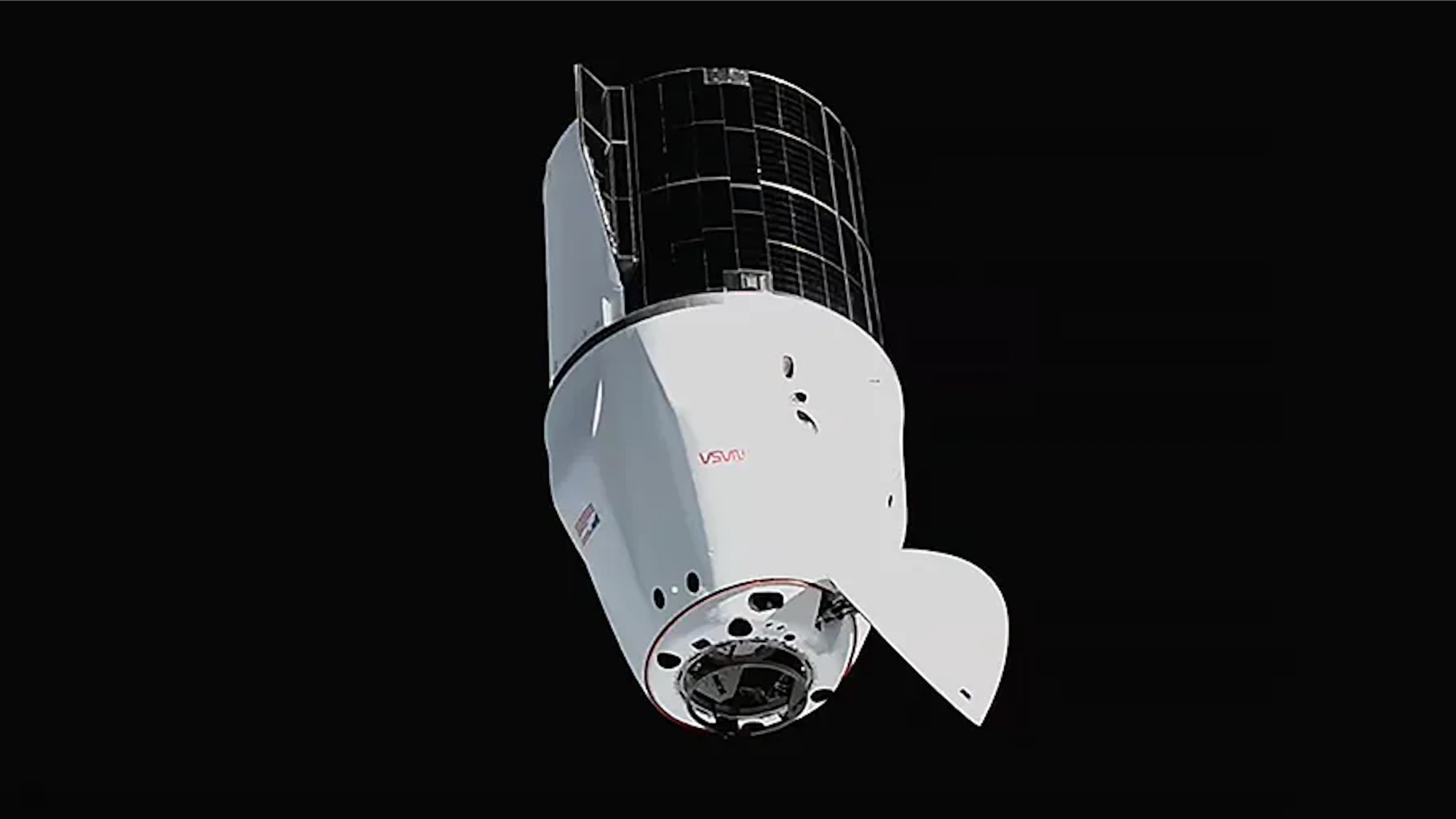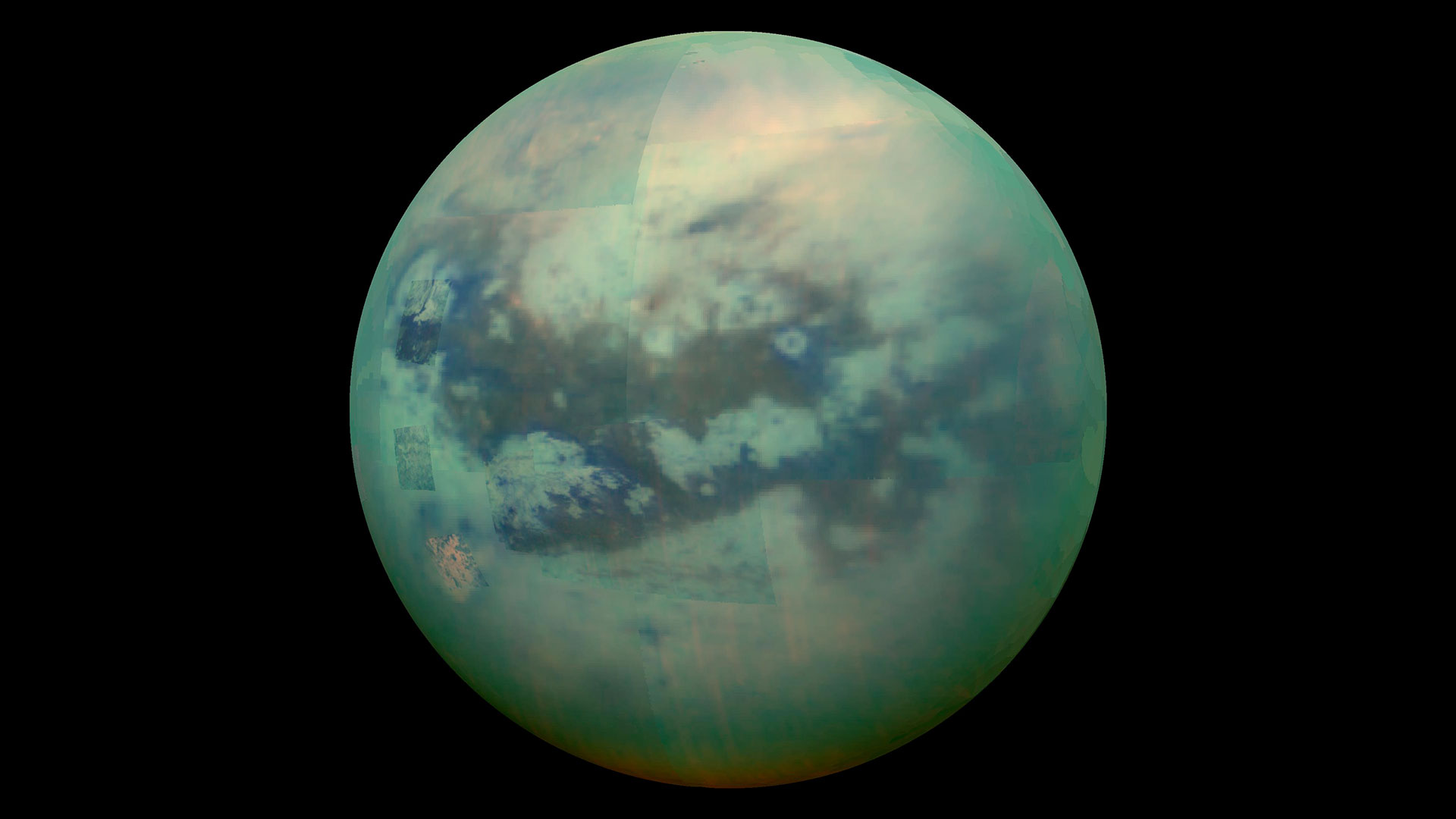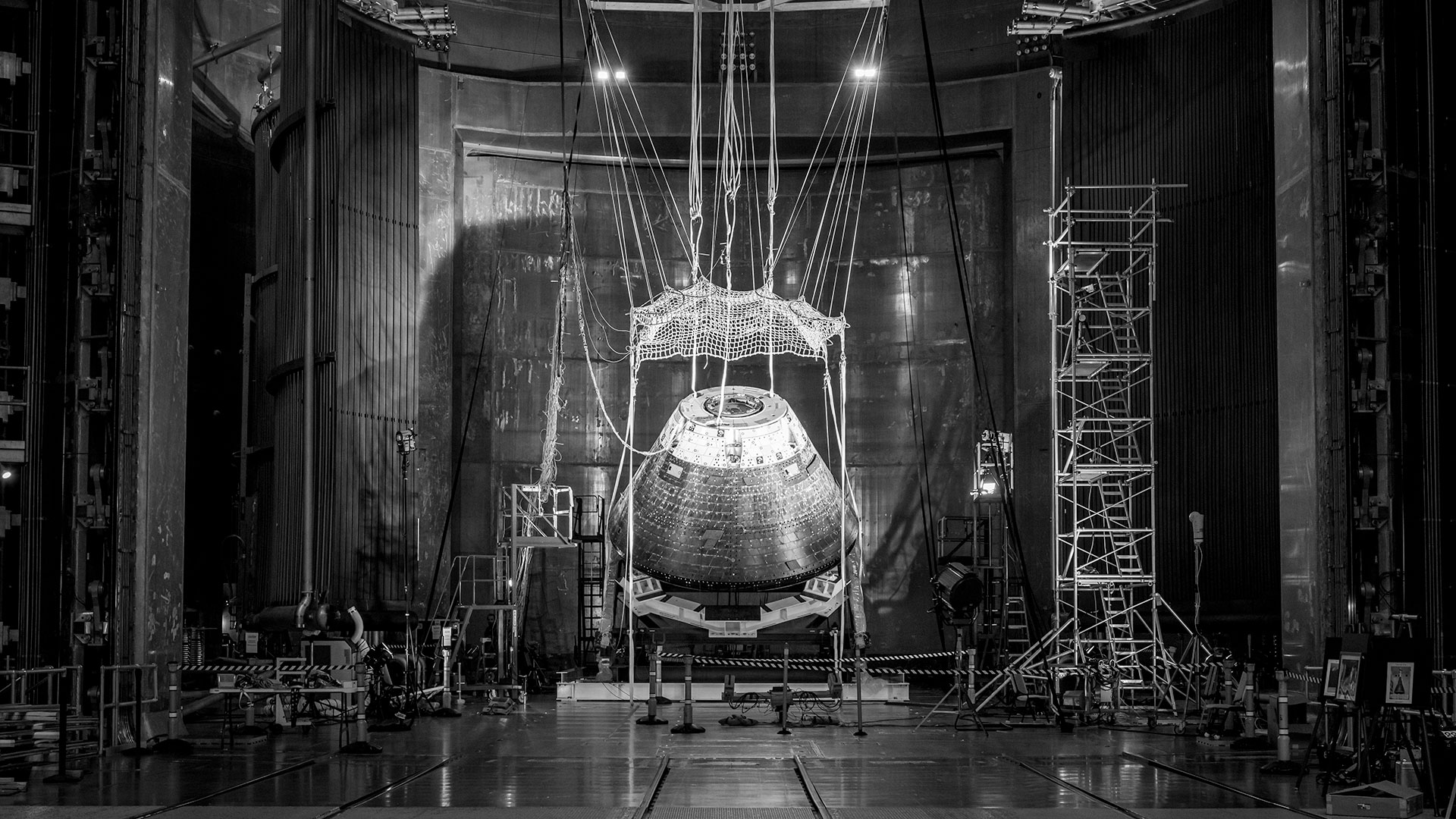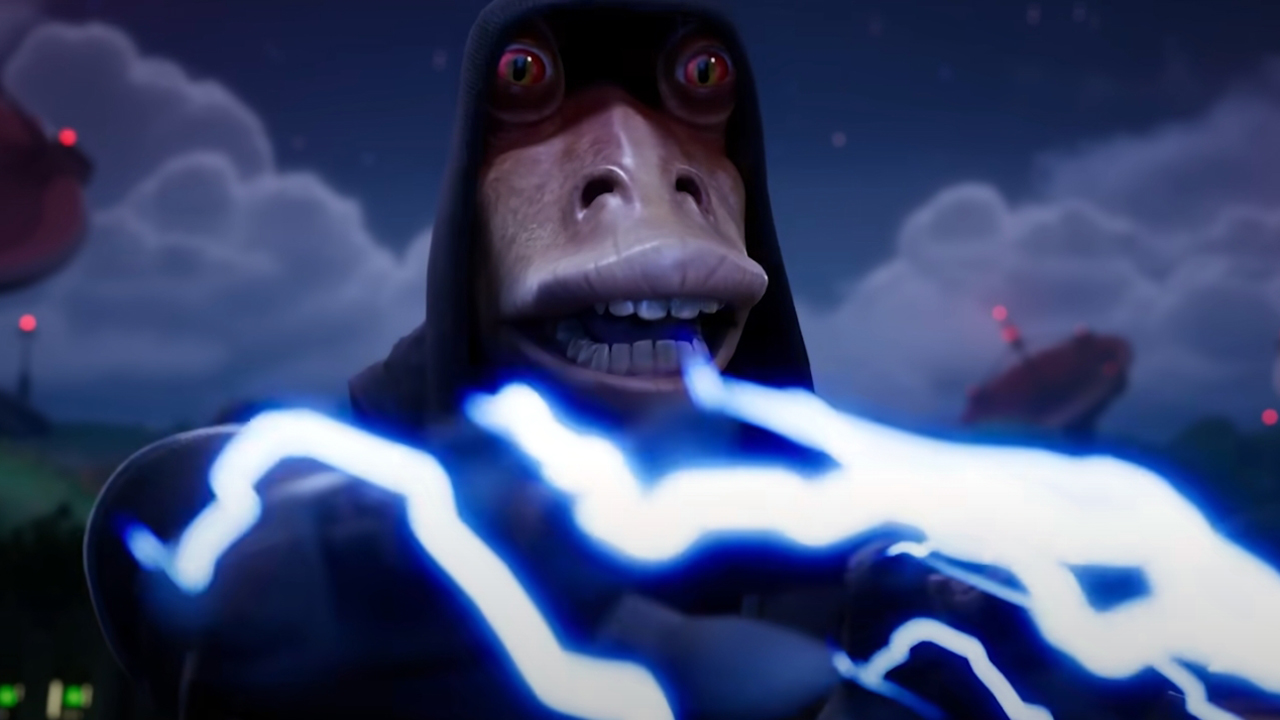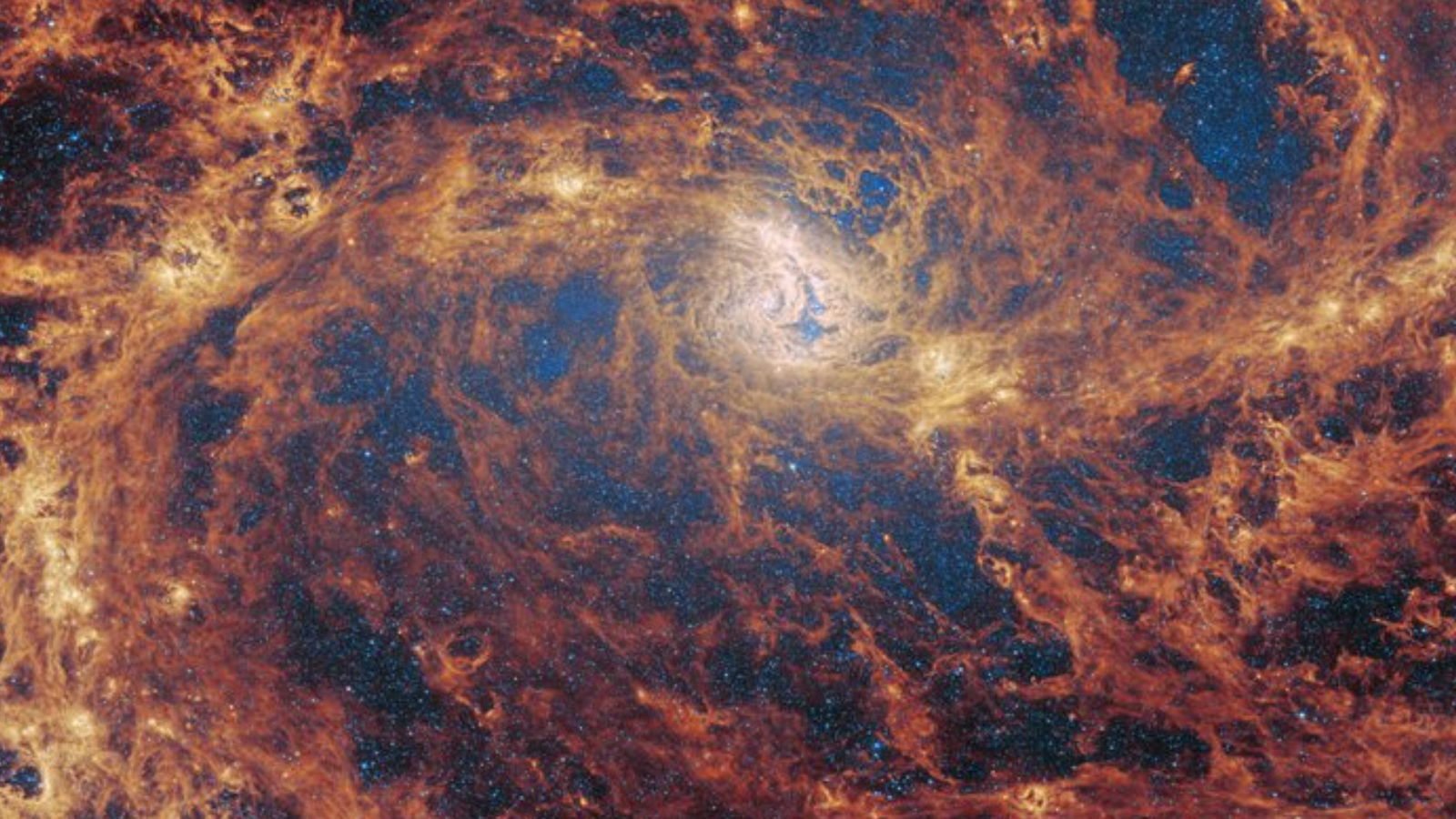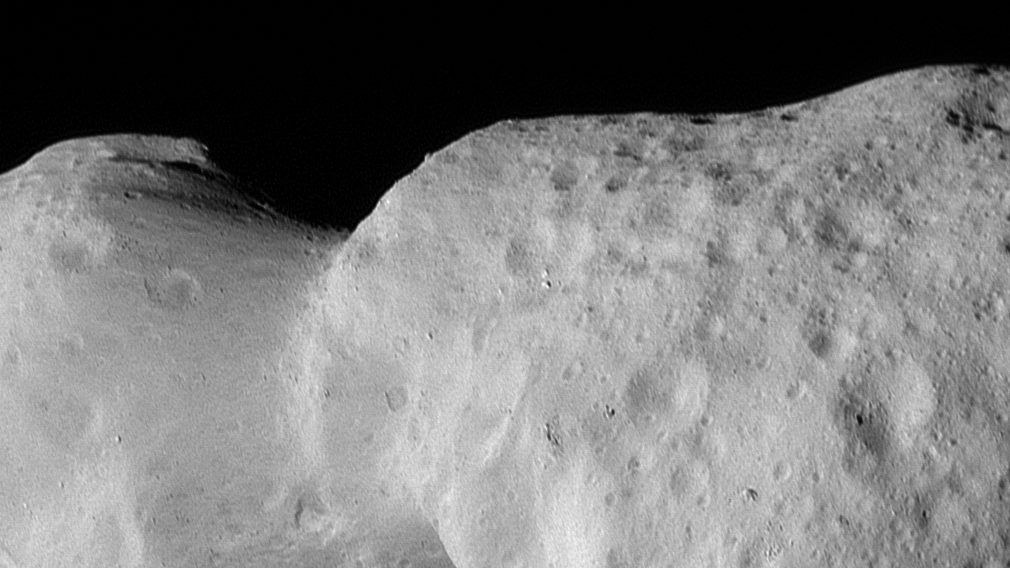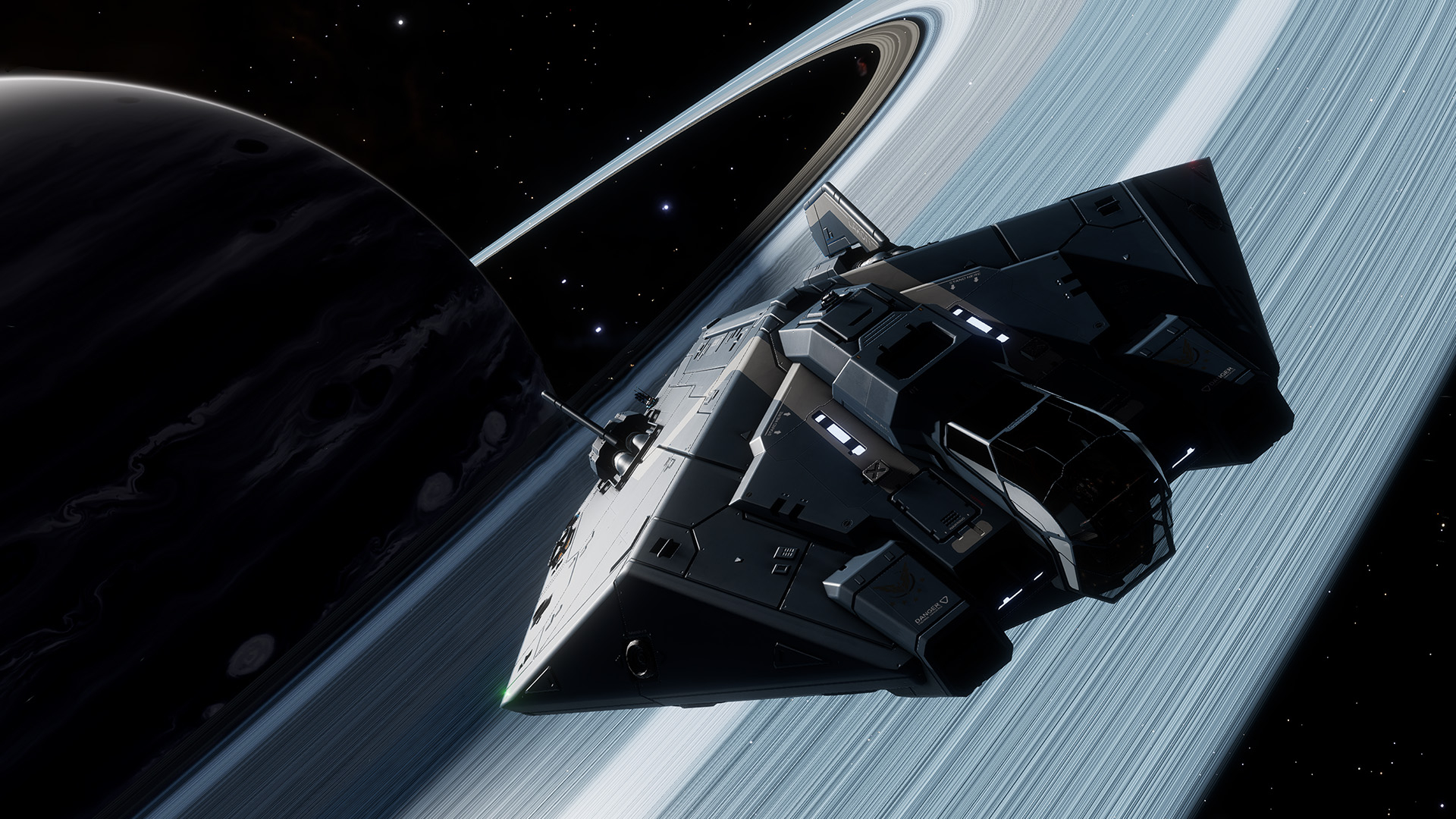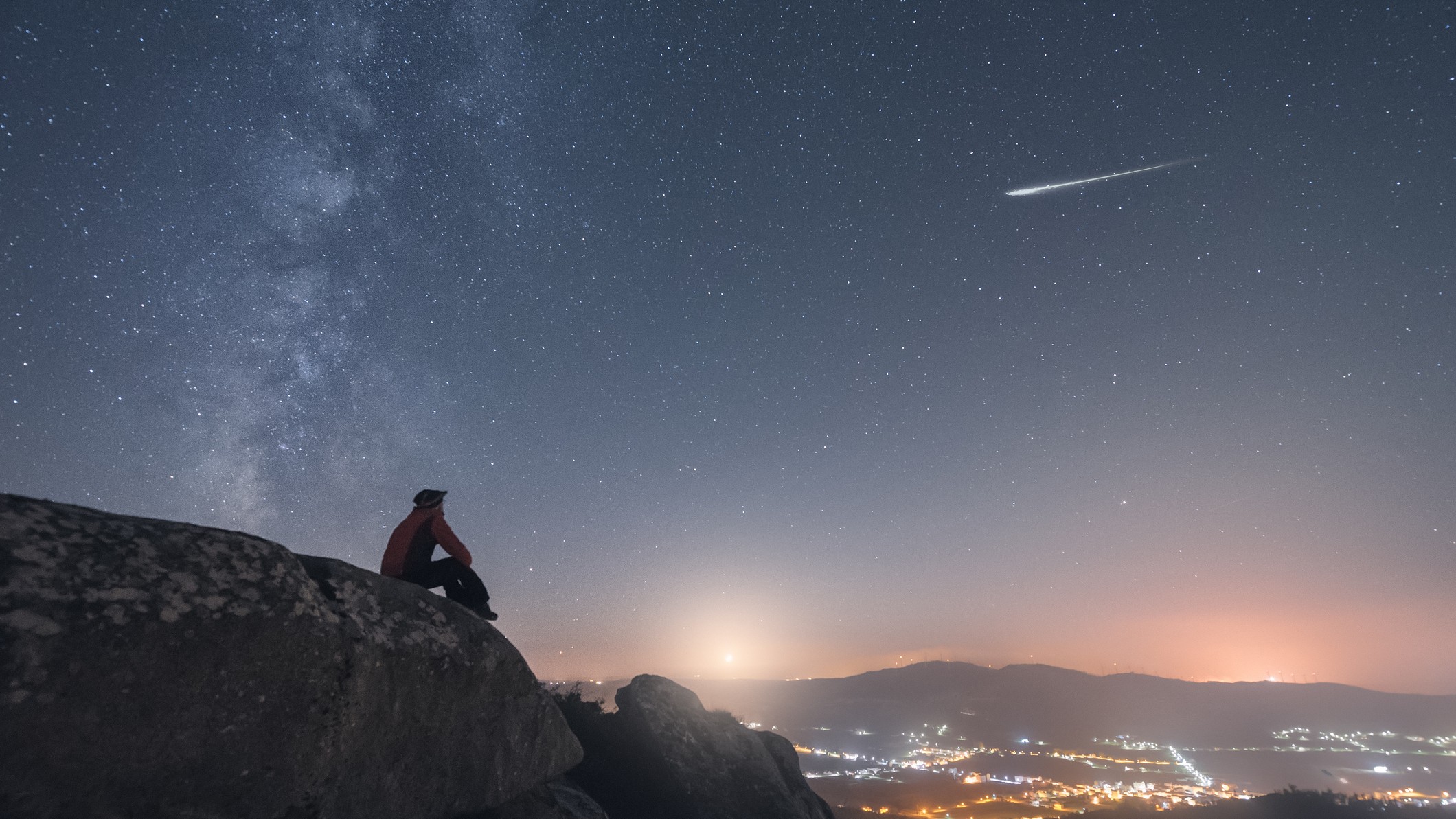SpaceX launched a satellite for the Australian telecom company Optus on Sunday evening (Nov. 17) from Florida's Space Coast.
A Falcon 9 rocket carrying the Optus-X satellite lifted off from Pad 39A at NASA's Kennedy Space Center on Sunday at 5:28 p.m. EST (2128 GMT) — right around sunset.
The Falcon 9's first stage returned to Earth about nine minutes after liftoff as planned, landing vertically on the SpaceX droneship "A Shortfall of Gravitas" in the Atlantic Ocean.
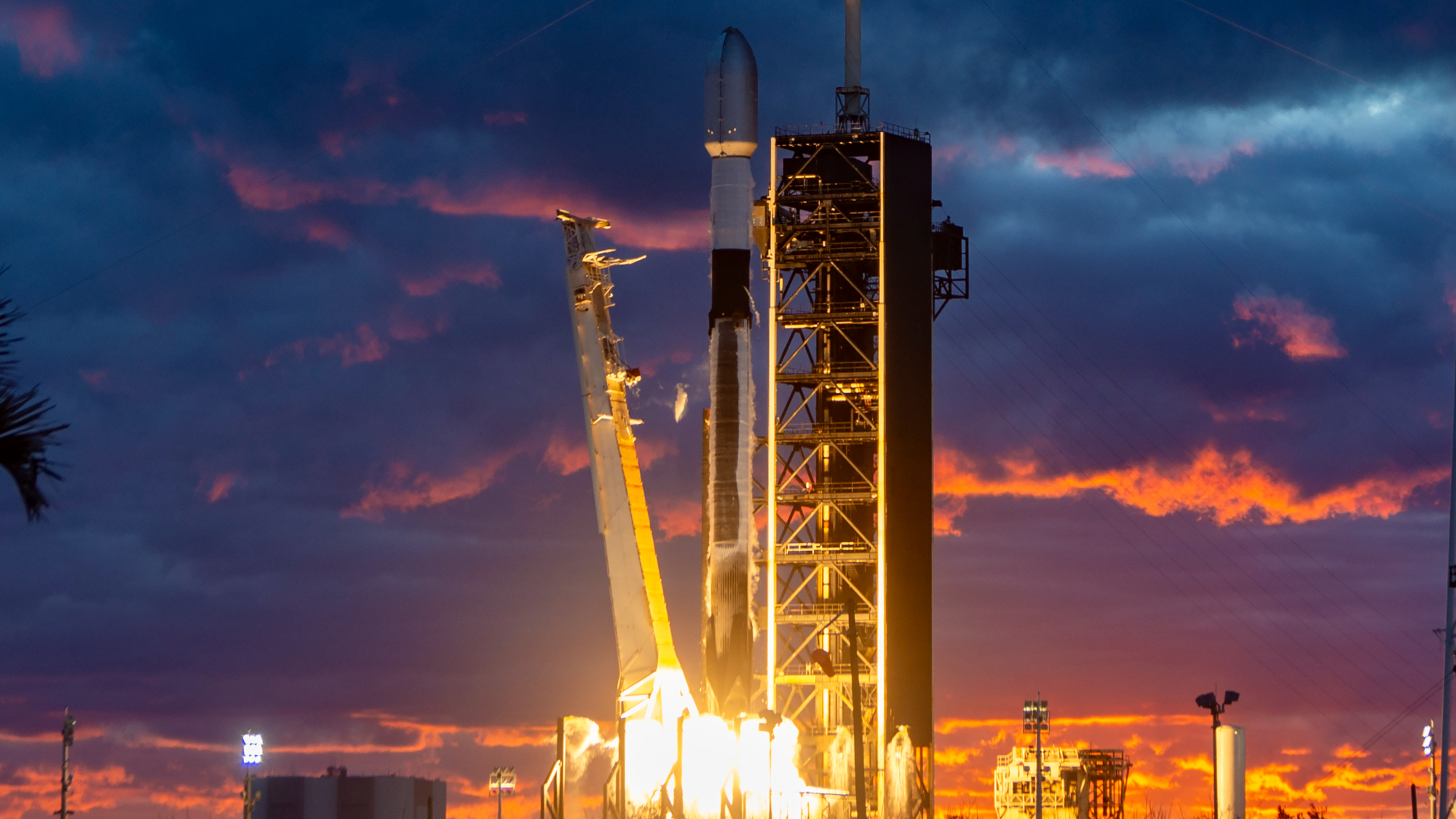
It was the 16th launch and landing for this particular booster, according to a SpaceX mission description. Nine of those flights have been dedicated to building out SpaceX's Starlink megaconstellation in low Earth orbit (LEO).
Optus-X wasn't headed to LEO, however; the Falcon 9's upper stage was tasked with delivering it to geosynchronous transfer orbit. The satellite will then make its own way to geostationary orbit, which lies 22,236 miles (35,786 kilometers) above Earth.
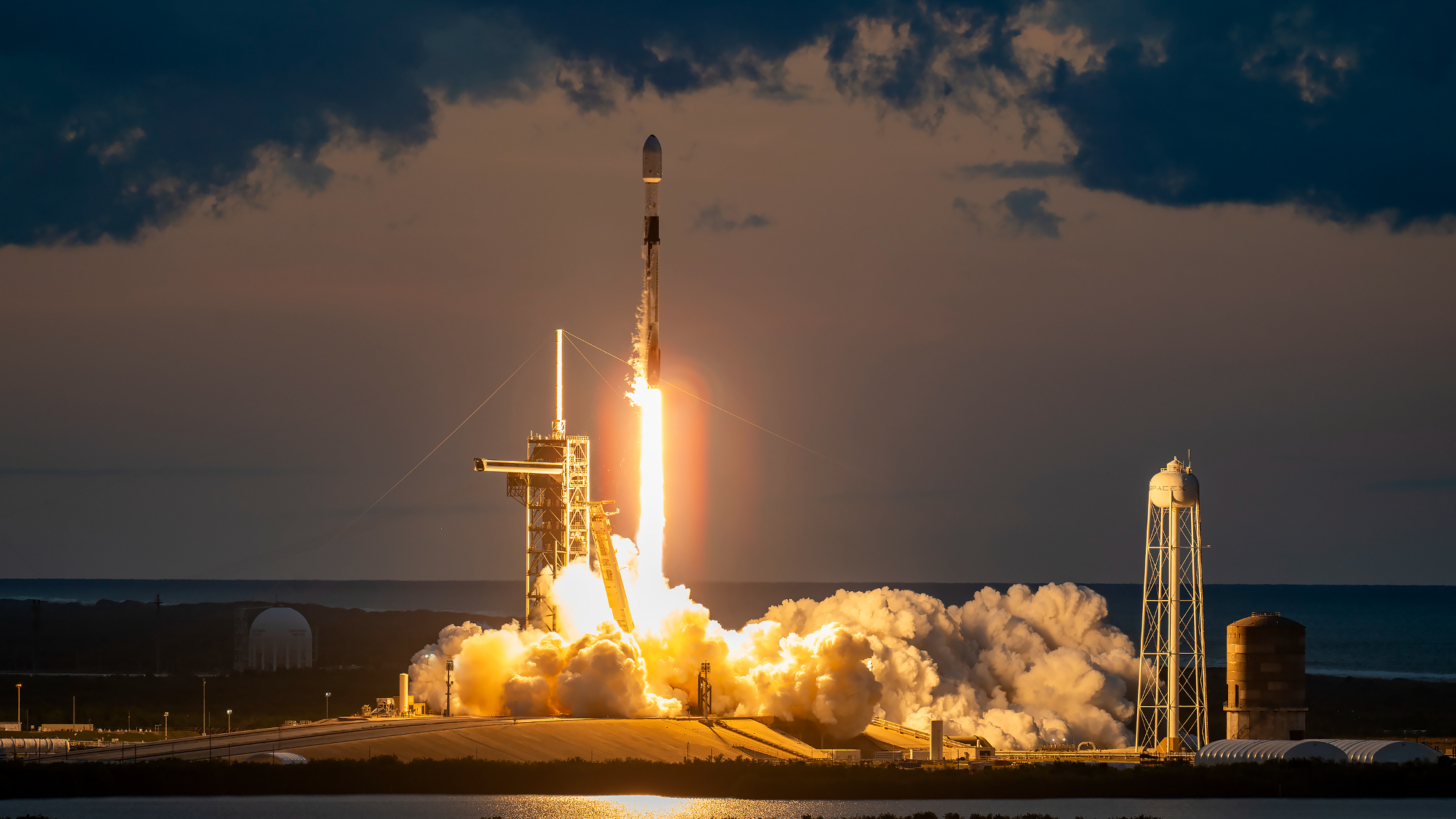
Sunday's launch kicked off a very busy three-day stretch for SpaceX. Elon Musk's company plans to launch two missions on Monday (Nov. 18) — a Starlink batch and an Indian telecom satellite — and the sixth-ever test flight of its Starship megarocket on Tuesday (Nov. 19).
Editor's note: This story was updated at 9:55 p.m. ET on Nov. 17 with news of successful launch and rocket landing.
Get the Space.com Newsletter
Breaking space news, the latest updates on rocket launches, skywatching events and more!
Join our Space Forums to keep talking space on the latest missions, night sky and more! And if you have a news tip, correction or comment, let us know at: community@space.com.

Michael Wall is a Senior Space Writer with Space.com and joined the team in 2010. He primarily covers exoplanets, spaceflight and military space, but has been known to dabble in the space art beat. His book about the search for alien life, "Out There," was published on Nov. 13, 2018. Before becoming a science writer, Michael worked as a herpetologist and wildlife biologist. He has a Ph.D. in evolutionary biology from the University of Sydney, Australia, a bachelor's degree from the University of Arizona, and a graduate certificate in science writing from the University of California, Santa Cruz. To find out what his latest project is, you can follow Michael on Twitter.
